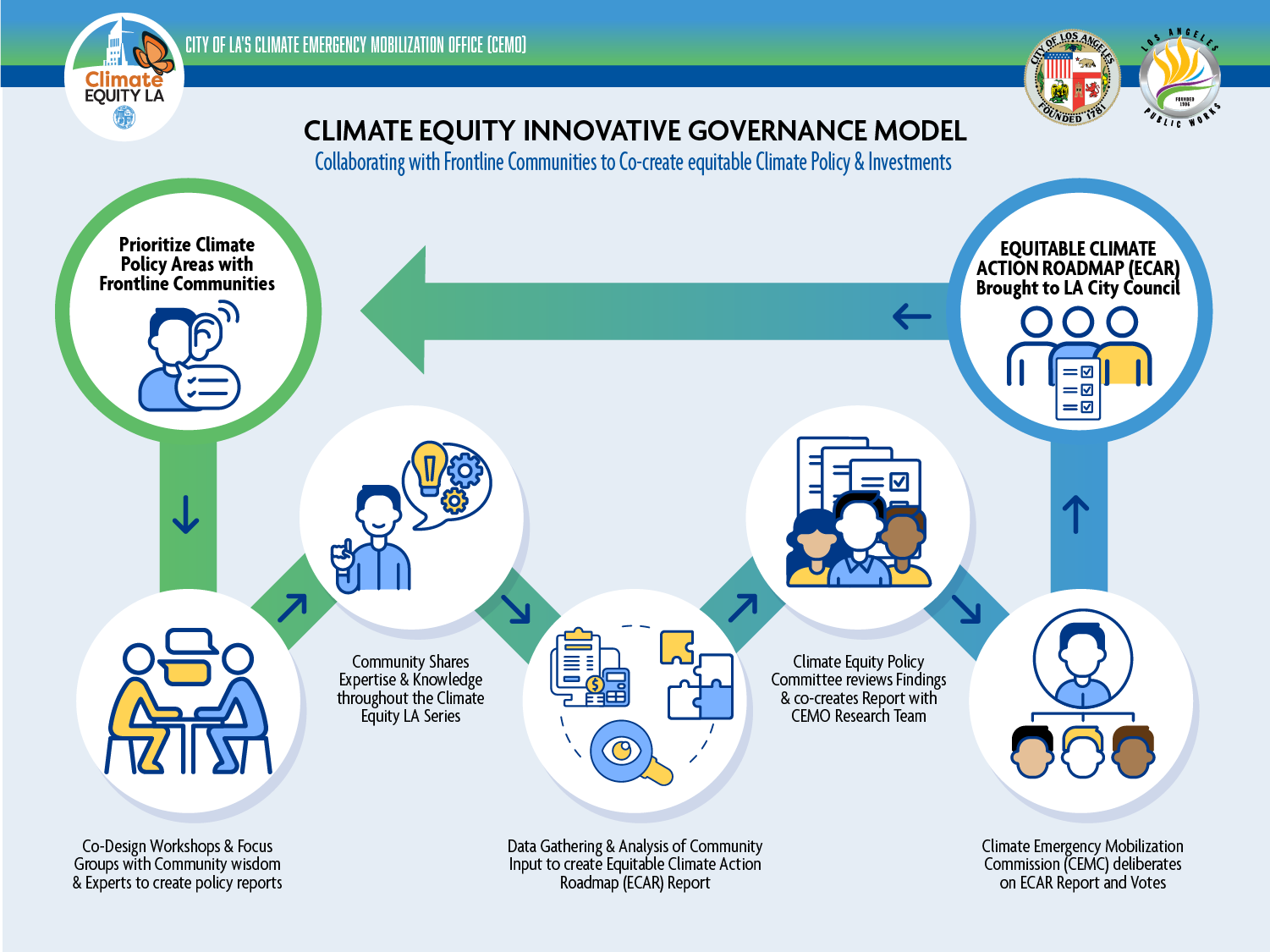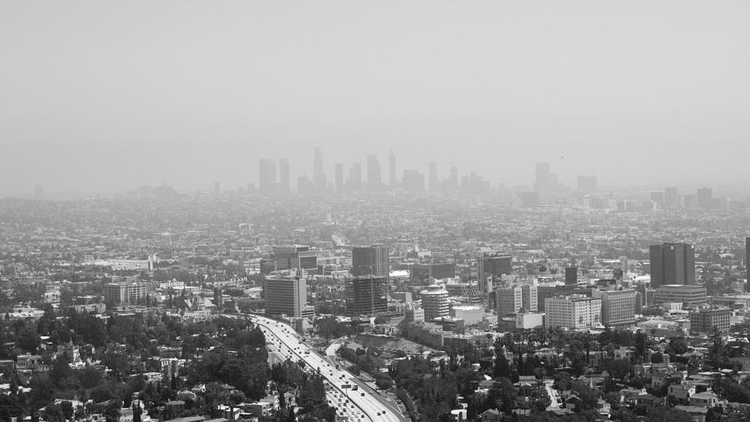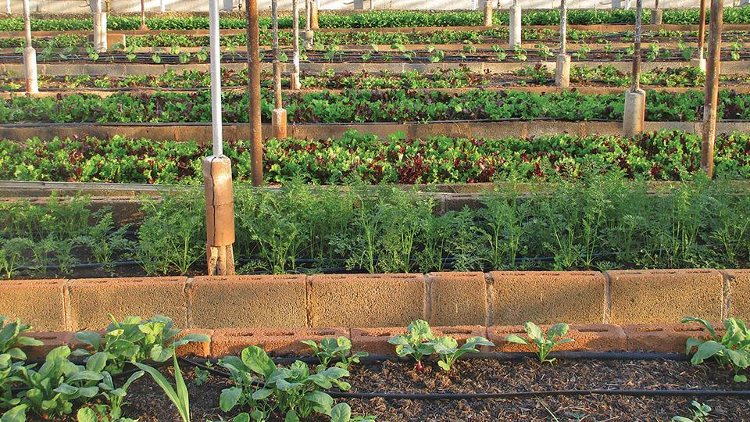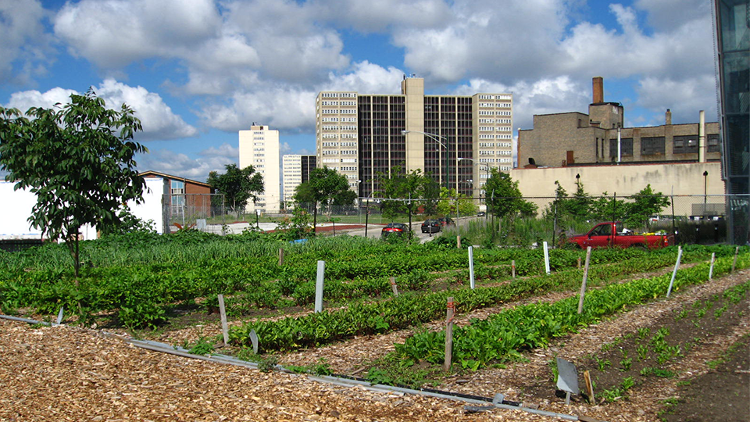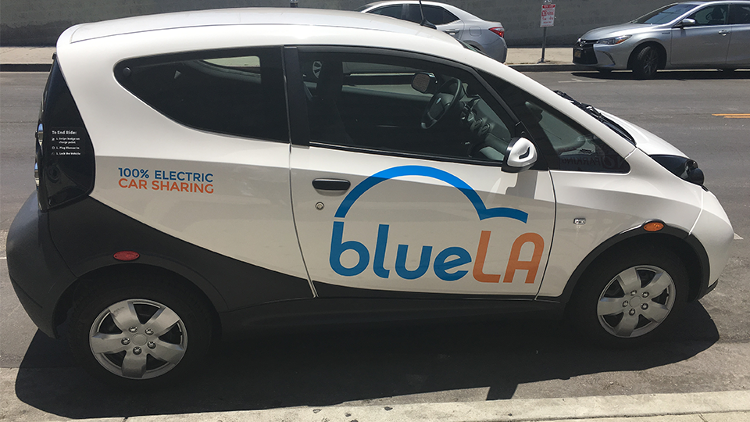Encouraging more green jobs is critical to successfully implementing the sustainability solutions, and being able to measure the growth of green jobs across Los Angeles and beyond is meaningful for many reasons. As one of the three E's of sustainability along with the environment and ethics, a thriving economy is an essential part of a sustainable future for the City of Los Angeles. Not to mention, transitioning to a green economy requires a trained workforce in industries such as environment, energy, transportation, and planning.
In this project, Chambeshi assisted research associated with the legal implications of the City of Los Angeles’ newly launched Low-Income Car-Share Project. Specifically, he complied and assessed the green job creation data and benefits and initiated the standardizing process of green job classification across city departments to help measure the growth of green jobs. Additionally, he helped revise greenhouse gas emission standards for the California Cap-N-Trade program to allow entities to accurately measure the amounts of emissions.
